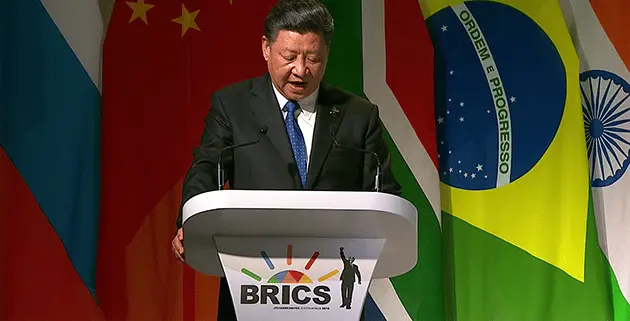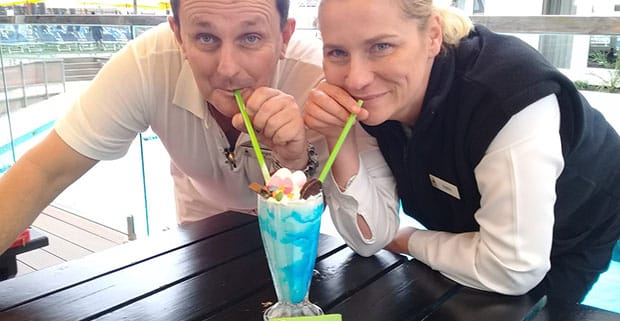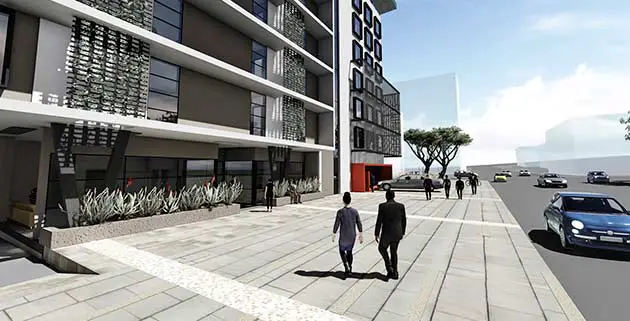The Right to Explore the Cape
In a former age in South Africa, locals were boxed in, unable to explore their own country, limited to pockets of land within cities and rural areas. This, quite rightly, has changed, opening the curtain on a wealth of activities and experiences to be explored – a country for the people. By Avukile Mabombo.
There’s a rising interest among the black,
From Robben Island to the Pass Office
Cape Town, as much as it seems to be a vibey holiday space, has just as much of a role in the country’s history. Fortunately, we’ve sought to redress the inequalities of the past and to turn them into opportunities for locals. We respect their sometimes-chilling place in memory, but we celebrate that we’re leaving that era back in the “dustbin of history”, to use a phrase once quoted by Leon Trotsky.
Robben Island: San Francisco, another global destination, may boast Alcatraz, the former prison, as a tourist attraction, but Robben Island’s place on our tour itinerary is an iconic one for a different reason, being the place where Nelson Mandela, Robert Sobukwe, Kgalema Motlanthe, Neville Alexander, Mac Maharaj and Harry Gwala, as well as other political leaders, were imprisoned, in addition to thousands of ordinary struggle foot soldiers.
The rugged island dominating Table Bay is an essential one for heritage tourism. Just across the bay is the Breakwater Lodge in the heart of the V&A Waterfront, a former prison now operating as Protea Hotel in conjunction with the UCT Graduate School of Business, a reclaimed space within our city that’s engaging with the past by undergoing a renovation to place historic visuals and
Back on land, it’s possible to visit many places that echo this historical journey. The Slave Lodge in Adderley Street, the Pass Office in Langa, the Amy Biehl Memorial in Gugulethu and other spots in Cape Town call for a meditative visit, perhaps a walking tour that allows for reflection.
Our neighbourhoods themselves still remind us of the spacial disparities that existed then and that exist still, although innovative tourism entrepreneurs have spotted the opportunity to present a vibrant tourism offering in spite of those memories.
Giving the storytellers a voice
What makes the local tourism special is that you can speak to people now serving as tour guides for whom our heritage is their lived experience. They have first-hand accounts of what went on, who was involved and how we have managed to overcome as a society; their accounts are spine-chilling, relevant and meaningful, and it’s worth making the effort to chat to those storytellers whose oral histories echo our written ones.
Most importantly, reflecting on heritage as a part of the tourism experience enables us to hold a more balanced account of the future, acknowledging that the past is alive and that it has an impact on how we experience life in our growing metropolis.
We don’t need to hide our heritage – in fact, we must shine a spotlight on it, even the shameful parts, so that we can tell our local and international visitors how we have grown, and just why we are optimistic that our spaces aren’t some kind of historical Chernobyl, Ukraine – a region closed off to the world following that catastrophic nuclear accident in the 80s.
As catastrophic as our own history has been in many ways, we have learned how to adapt and appreciate our freedom, as well as the opportunity to tell those riveting stories and to keep our struggle heroes alive in memory.
Why not adventure into our heritage today? Your exploration translates into jobs for locals, economic benefits and transformation at its deepest roots.
About the author: Avukile Mabombo is Group Marketing Manager, Protea Hotels by Marriott.





